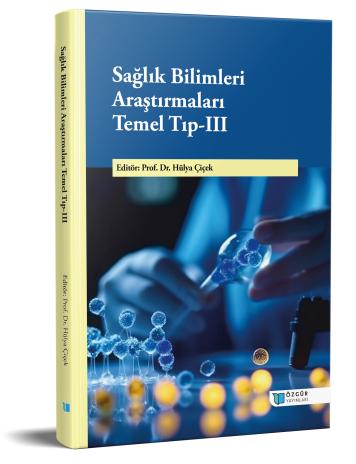
The Importance of Oxidative Stress in the Development of Atrial Fibrillation
Chapter from the book:
Çiçek,
H.
(ed.)
2023.
Health Science Research: Basic Medicine III.
Synopsis
Atrial fibrillation (AF), the most common cardiac rhythm disorder, is a discoordinated and irregular supraventricular arrhythmia with rapid ventricular response. Stroke is the most important side effect in patients with AF, and lifelong anticoagulant therapy is required in most cases to prevent stroke. Other complications of AF include heart disease (cardiomyopathy, ventricular tachycardia) and secondary heart failure. The pathophysiology of AF is complex and not fully understood; however, clinical studies have shown a relationship between oxidative stress markers and AF. Oxidative stress and reactive oxygen species have been shown to be important in the etiology of AF and the electrical rhythm of the heart. Since a lot of evidence indicates that oxidative stress plays a critical role in the pathophysiology of atrial remodeling, oxidative stress can be considered as a possible upper therapeutic target for arrhythmia treatment. However, there is a need for comprehensive research on the relationship between oxidative stress and AF.

